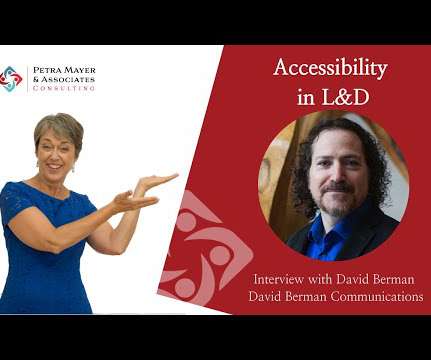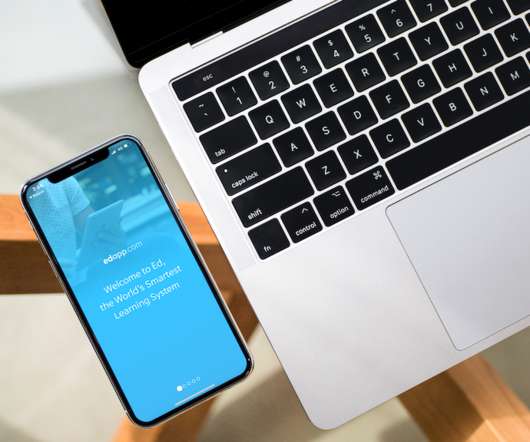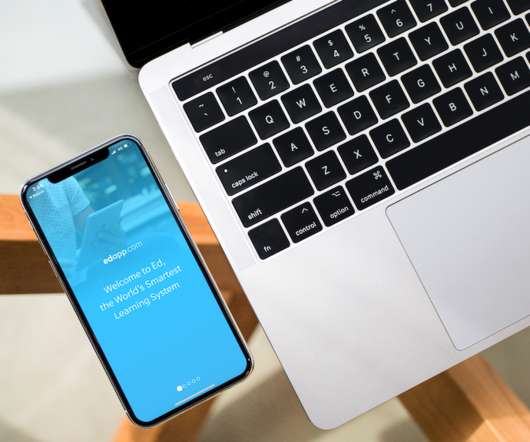Online Networking in Courses
Corporate eLearning Strategies and Development
AUGUST 15, 2007
Sent to you by brent via Google Reader: Online Networking in Courses via Experiencing E-Learning by Christy Tucker on Aug 15, 2007 These are my notes from the presentation MySpace is not YourSpace: The Promise and Pitfalls of Online Social Networking at the Conference for Distance Learning and Teaching last week.
















Let's personalize your content